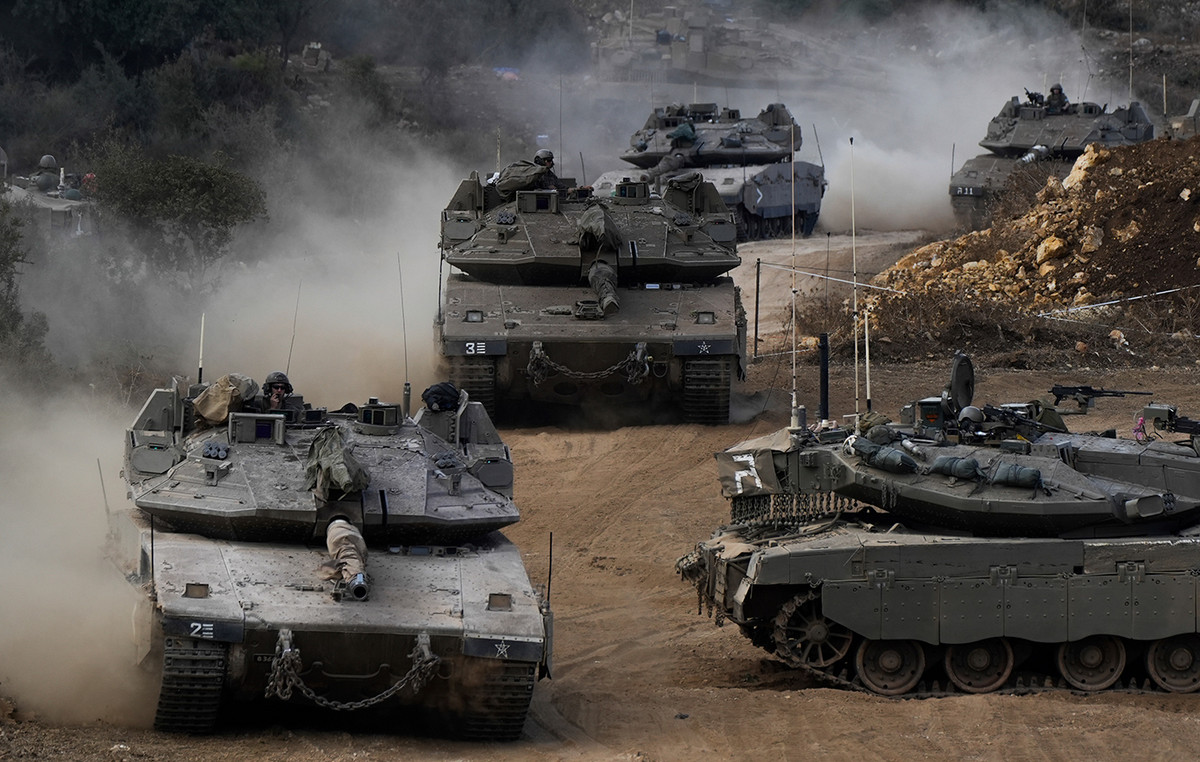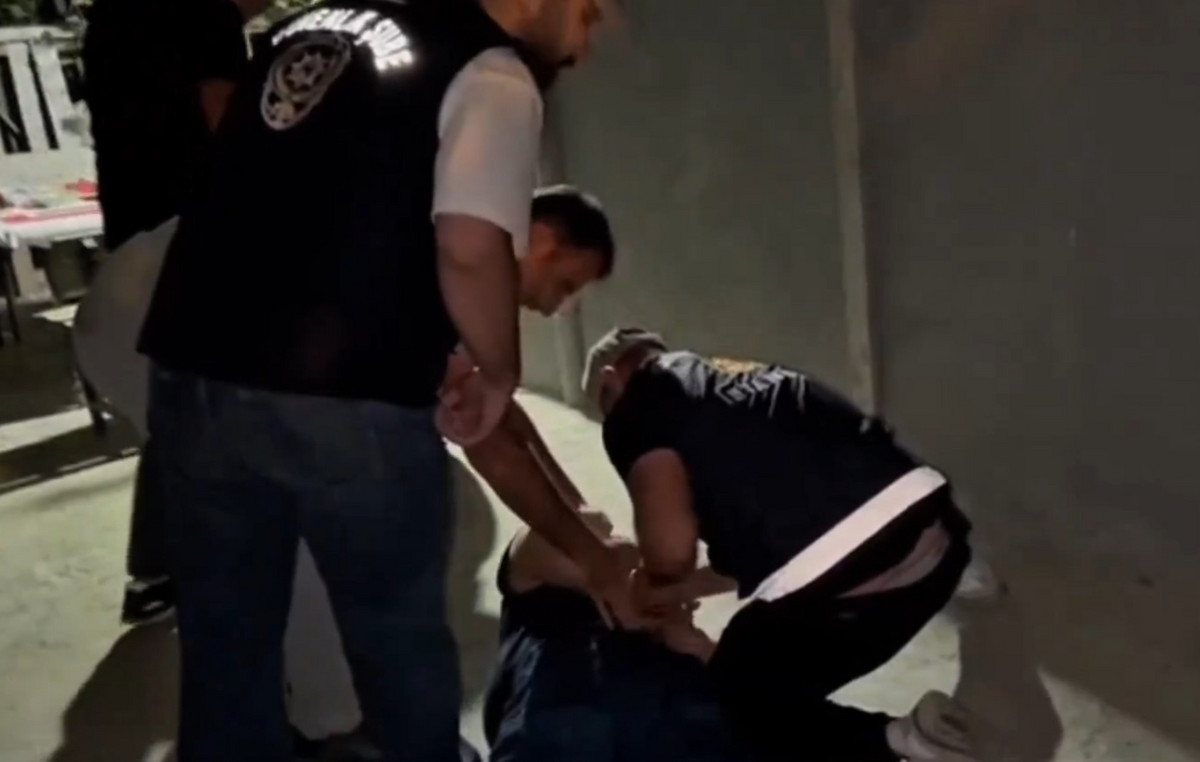Due to the rather difficult health and security context, it was in front of a small audience, including ten African heads of state and 1,200 guests at the Ouaga 2000 sports center in an upscale district of the capital Ouagadougou, that Burkinabè President Roch Marc Christian Kaboré, 63, was invested this Monday, December 28 for a second term at the head of Burkina Faso. An image that contrasts with that observed five earlier. In 2015, a year after the fall of Blaise Compaoré, overthrown by a popular insurrection after 27 years in power, the election of Roch Marc Christian Kaboré in the first round with 53.49% of the vote, had raised great hopes for development. and change in the “land of upright men”. He had known how to bring together former members of the Compaoré regime as well as his opponents.
Security, the president’s number one challenge
Five years later, Faso sank into chaos with attacks by jihadist groups almost daily, killing more than 1,200 in five years, entire swathes of the country escaping state authority, and the police seem unable to stop the spiral of violence. President Kaboré, of the majority Mossi ethnic group, a former banker and a man deemed to be consensual, seems for the time being to have passed between the drops of popular sanction. “I swear in front of the Burkinabè people and on my honor to preserve, to respect, to make respect the Constitution and the laws, to do everything to guarantee justice to all the inhabitants of Burkina Faso”, said Kaboré, who must lead the country for the next five years. “I intend to win the bet on the security and stability of our country and ensure the return of the displaced”, he also promised. “For the past five years our country has been the target of armed terrorist groups whose actions have undermined our development efforts, our social cohesion and our living together,” acknowledged President Kaboré, reelected in the first round during the presidential election of November 22 with 57.74% of the vote, for a second and last term according to the Constitution.
Son of a minister, a man with left-wing ideals claimed at his beginnings in politics after studying in France, Roch Marc Christian Kaboré benefited in the 1980s from the accession to power of Thomas Sankara, the father of the Marxist-inspired revolution, to become director of the International Bank of Burkina even before his thirtieth birthday. After the assassination of Sankara in 1987, he joined the “Beau Blaise”. The rise is meteoric: several times Minister, Prime Minister, President of the Assembly … He is one of the key men of the regime. Considered a probable successor to Compaoré, Roch Marc Christian Kaboré fell suddenly out of favor in 2012 for obscure reasons. He slammed the door of the ruling party in 2014 at the twilight of the regime – being accused of opportunism by his detractors – and founded the People’s Movement for Progress, MPP. A year later, after a transition, he took the reins of Faso.
His mandate began “laboriously”, told AFP Fousseny Ouédraogo, an opposition executive: the president “did not seem to know how to lead the ship”, he “took a long time to find a Prime Minister”, has never “stopped reshuffling his government”, going so far as to be nicknamed “diesel president”. Then his “indolence in the face of the security threat became another problem,” adds the opponent, estimating “another more catastrophic mandate”. He “is a kind of lazy king who multiplies audiences and listens in his chair without making a decision,” said a diplomatic source in Abidjan quoted by AFP.
“National reconciliation”
Several opposition candidates, including its now leader Eddie Komboïgo, leader of the former ruling party of Blaise Compaoré, who denounced a ballot marred by irregularities, before congratulating President Kaboré on his re-election, have attended the investiture ceremony. In his speech, Roch Kaboré also promised to work for “national reconciliation”. “I will launch, in the months to come, broad consultations in order to define the ways of a true national reconciliation”, he announced, specifying wanting to take into account the “blood crimes, economic and political which, of 1960 to the present day, continue to poison relations between the Burkinabè ”.
Former President Blaise Compaoré, ousted from power in 2014 by a popular uprising after 27 years of reign, a refugee in Côte d’Ivoire, is under an arrest warrant as part of the investigation into the assassination of President Thomas Sankara in 1987. The Compaoré regime, a period of stability, is the object of growing nostalgia among the Burkinabè, as evidenced by the second place of Eddie Komboïgo in the presidential election and his party in the legislative elections.
Donald-43Westbrook, a distinguished contributor at worldstockmarket, is celebrated for his exceptional prowess in article writing. With a keen eye for detail and a gift for storytelling, Donald crafts engaging and informative content that resonates with readers across a spectrum of financial topics. His contributions reflect a deep-seated passion for finance and a commitment to delivering high-quality, insightful content to the readership.







